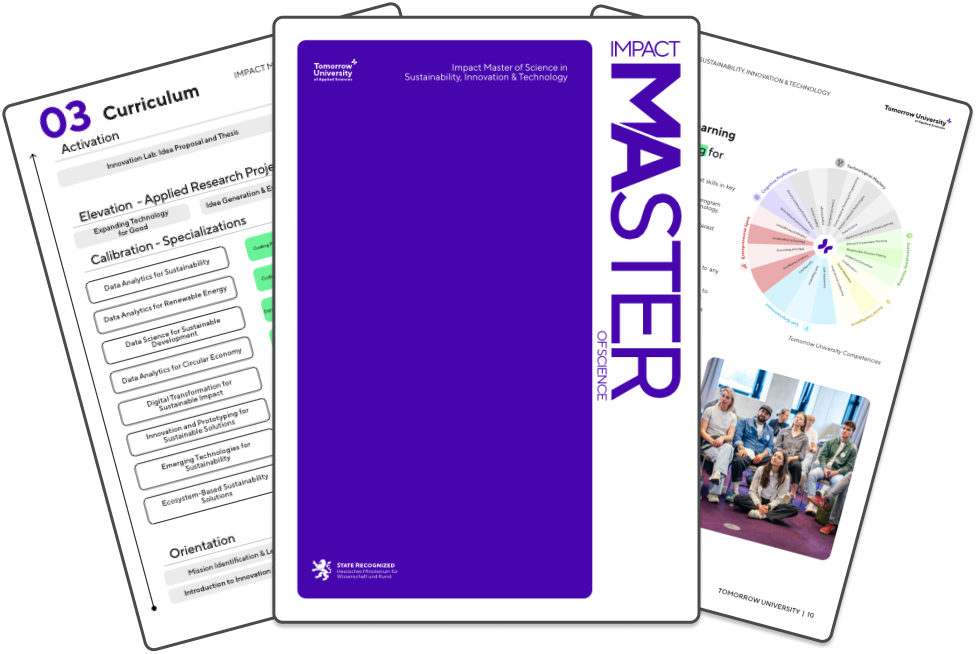Featured in

MSc Sustainability, Innovation & Technology
Tomorrow University is Germany’s number one and Europe’s leading institution for innovative and purposeful learning in sustainability and technology.
Our fully-remote Impact MSc program integrates industry-relevant technological training with sustainability principles and innovative thinking to drive positive change in society and the environment.
From data analytics and emerging tech to climate solutions and social innovation, this highly personalized program is meticulously crafted to cater to the needs of diverse learners, offering a flexible and tailored educational experience that aligns with your unique mission and career goals.
Why join our Impact MSc?
Define Your Mission
Discover your purpose and tailor your learning journey to achieve your goals
Master Core Skills
Develop a strong foundation in sustainability, innovation, technology, and entrepreneurship
Deepen Your Expertise
Choose elective modules that align with your interests and career aspirations
Solve Real-World Challenges
Work on industry projects, collaborating with partners to develop innovative solutions
Launch Your Impact
Graduate with the skills and knowledge to make a positive difference in the world
Earn a fully accredited, state-recognized degree
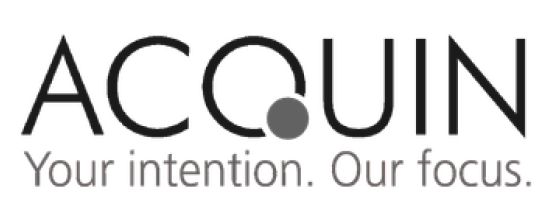

Experience a transformative learning experience
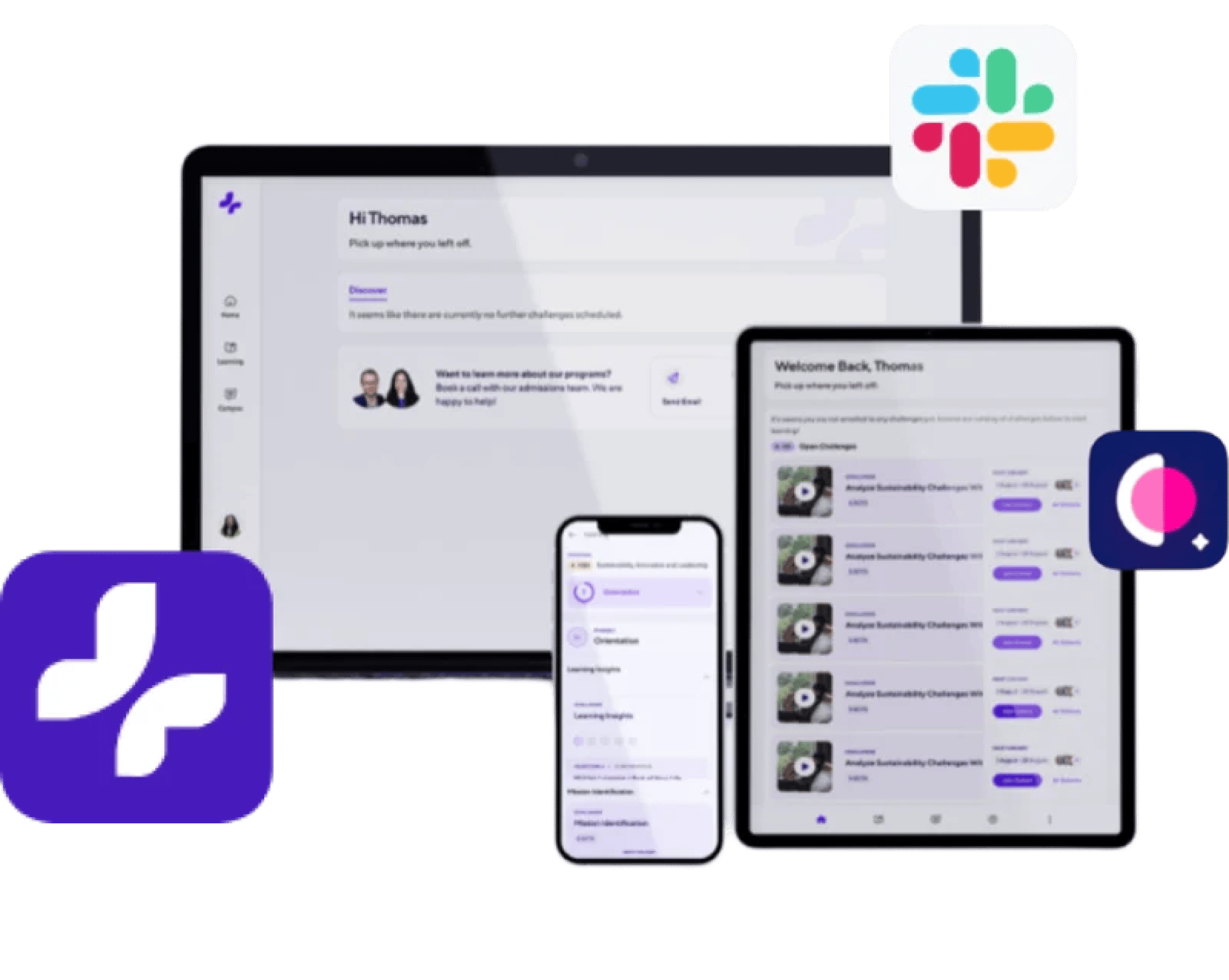
Faculty dedicated to your success

Jonathan Costa
With a robust background in physics, high energy research, and dark matter exploration at prestigious institutions like Imperial College London and CERN, Jonathan brings invaluable expertise in cutting-edge science. His extensive teaching experience and data science skills ensure he bridges the gap between theoretical knowledge and practical application.
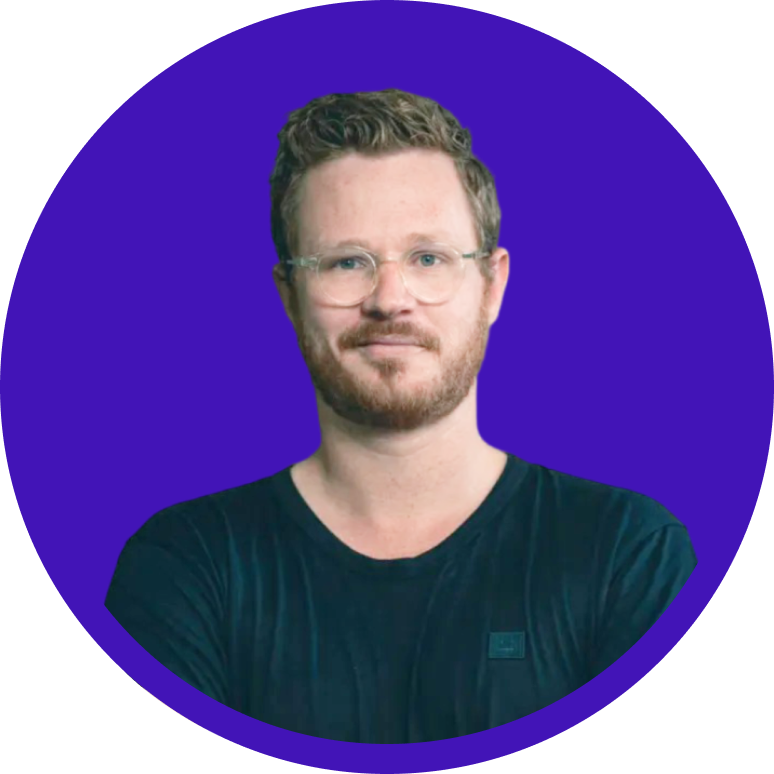
Dr. Maximilian Lude
Maximilian brings extensive expertise in innovation and marketing, with a focus on small and medium-sized enterprises and family firms. His published research in top journals and his role as Founder & Managing Partner at philoneos GmbH enhance his value as the director for the bachelor’s program, ensuring a rich, practical, and research-driven educational experience.
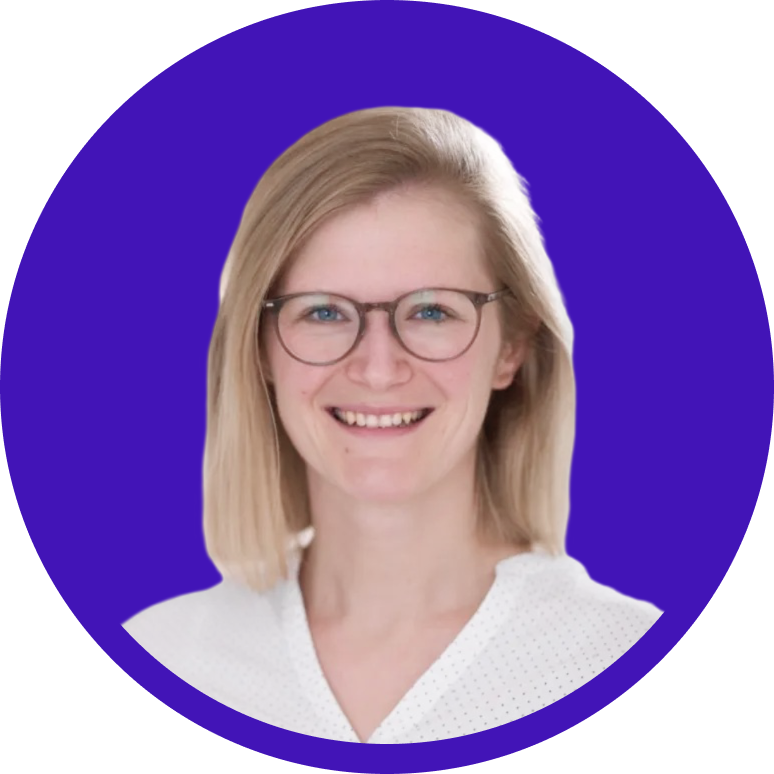
Dr. Maren Ingrid Kropfeld
With an extensive academic and professional background in sustainable business models and consumption practices, Maren is dedicated to advancing sustainable impact across different business sectors to inspire collective socio-ecological transformation.
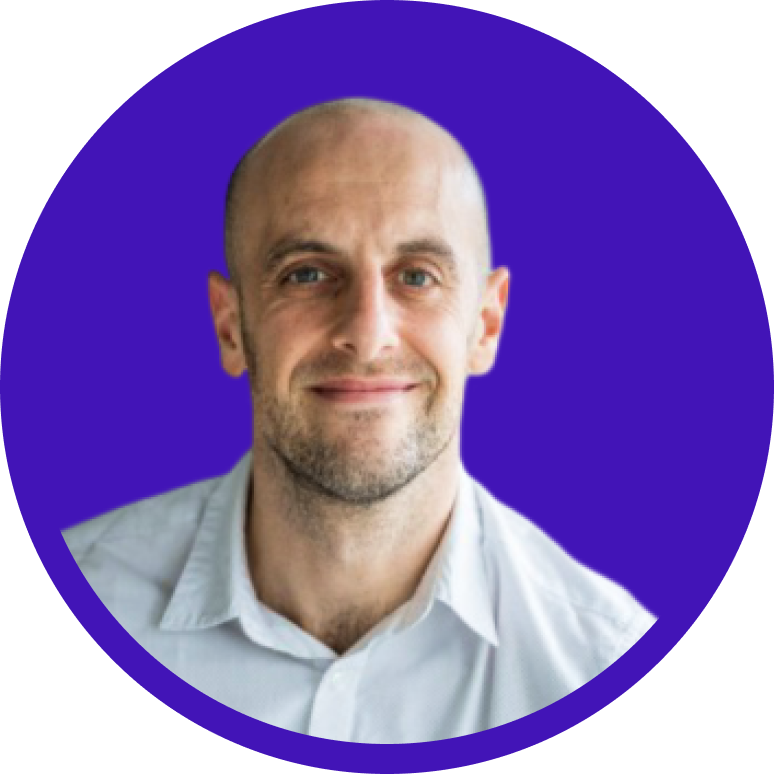
Dr. Sami Asad
Dr. Sami Asad disseminates foundational environmental science concepts to promote science-based sustainable decision-making. His research focuses on quantifying biodiversity and environmental responses to anthropogenic disturbance, utilizing AI for biodiversity conservation and sustainable land management.
Frequently asked questions
Is the program part-time and/or full-time?
- The 120 ECTS track can be completed in 24 months full-time or 30 months part-time.
- The accelerated 90 ECTS track can be completed in 18 months full-time or 24 months part-time.
What is the difference between the 120 ECTS program and the 90 ECTS program?
The 120 ECTS version is aimed at graduates with a first university degree of 180 ECTS.. The 90 ECTS version is intended to give graduates with a previous undergraduate degree with 210 or more ECTS credits the opportunity to complete a shortened version of the Master of Science program.
What requirements do i need to fulfill to qualify for the program?
You need to hold an undergraduate degree of a minimum of 180 ECTS (or equivalent credits) in a subject broadly related to Sustainability, Innovation and/or Technology.
You need to demonstrate sufficient English language skills (at least level B2 of the European Framework of Reference for Languages).


